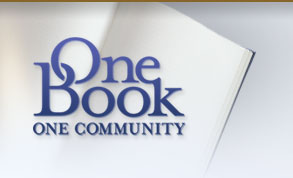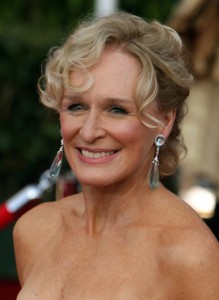I have exciting news! The City of Baton Rouge has chosen, CRAZY: A Father’s Search Through America’s Mental Health Madness, as its One Book, One Community selection this summer. 
In 2006, Baton Rouge joined more than 400 American cities that participate in this national reading program. In a letter informing me that CRAZY had been chosen, Abby Hannie, a member of the Baton Rouge’s program steering committee, explained:
The One Book, One Community initiative was formed to promote a common city-wide reading experience to increase intellectual and cultural dialogue among readers and to exchange ideas for the purpose of raising awareness and visibility with regard to a particular community issue.
The idea is to get everyone in a city to read and discuss the same book. Two of the most popular selections chosen since the first program was launched in 1998 in Seattle have been To Kill A Mockingbird by Harper Lee and Ray Bradbury’s Fahrenheit 451.
That’s pretty heady company.



